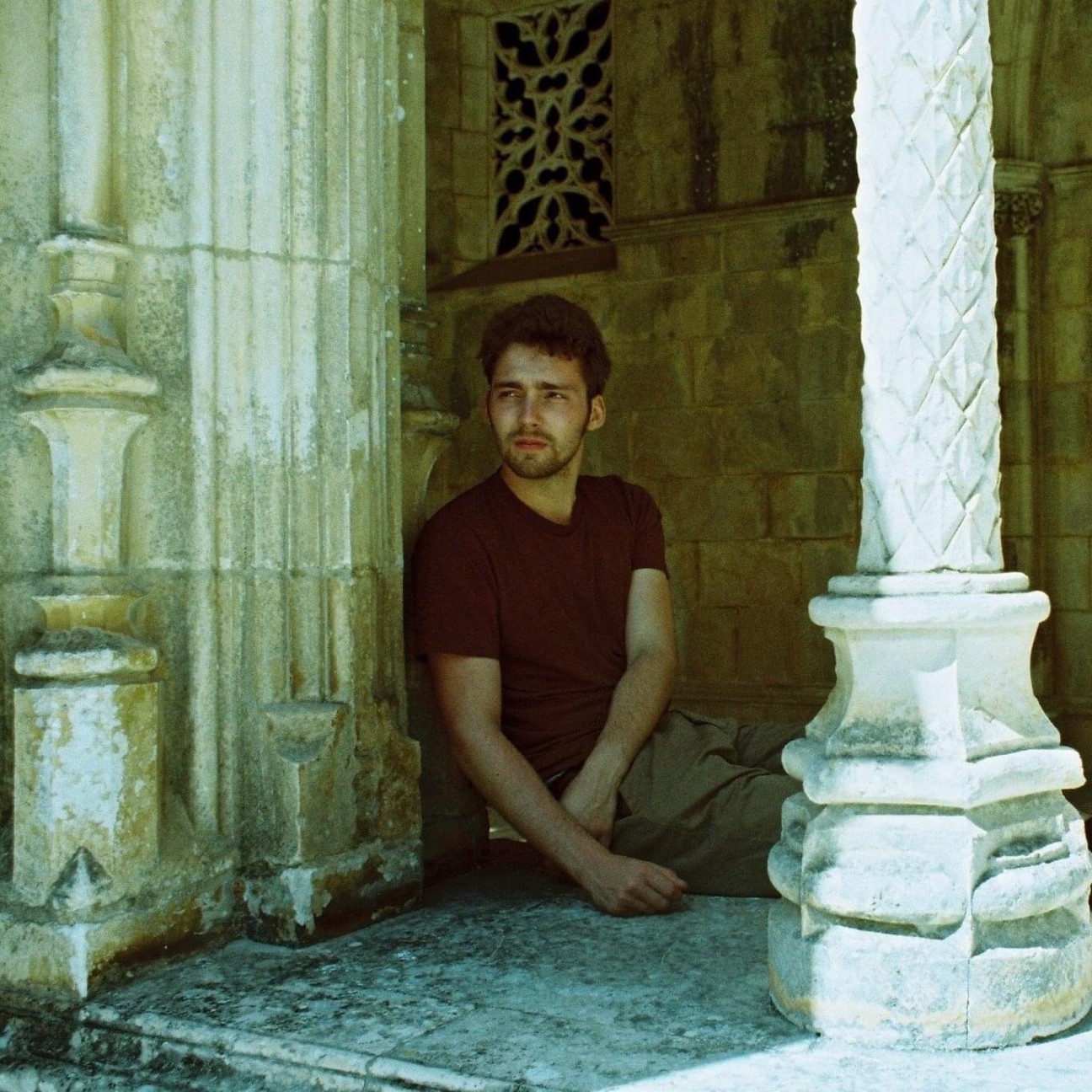Studies do not determine everything. Sometimes your future job is an extension of your studies. But you might just end up somewhere unexpected. In other words: with one education, you can still choose several paths. These 2 people, who both studied history, prove it.

Eefje "Sjokz" Depoortere (33) - e-sports host
“I loved watching football, cycling and tennis from a young age - those were the heydays of Justine Henin and Kim Clijsters. Already then the idea of becoming a sports journalist was born. With the first computer we got at home, I also discovered Tomb Raider. I loved gaming: being able to be someone else and discover a completely different world. I spent hours playing, especially when, later on, you could also play against others.
Like many young people, I did not know what I wanted to study, but I was very curious. Studying history broadened my world view enormously and I learned to research everything objectively and then write about it. But don't ask me any more when a specific revolution took place (laughs). The course met my expectations perfectly, but I knew I did not want a job in that direction. That is why I studied another year in journalism.
In the meantime, I kept gaming and discovered the League of Legends competitions. Writing about them seemed like writing about sports and there weren't that many journalists working in that field. Soon, I was able to cover e-sports events in the United States and South Korea at the weekend. During the week, I earned extra money in the catering industry. My mum and the VDAB just didn’t get it: ‘get a real job’ (laughs). But I sensed already then that e-sports was a booming business. I was lucky enough to start working as an e-sports host in Cologne in 2013.
It is a misconception that commentators only present. We also prepare the shows, think about what we are going to talk about and how we can best portray it. The adrenaline that comes with a live show that lasts for hours is great. You never know in advance how the game will develop and who will win. You are processing information all the time and communicating it to the audience. And technically, something can always go wrong. After hosting shows for several days in a row, I have to catch up on a lot of sleep, but it's worth it.”
Johan Belaen (28) - doctoral student at Ghent University
“I grew up in a home where a lot of non-fiction was read, so it is not surprising that I wanted to learn about the present and the past. History is a very broad subject, typical for people who like quizzing. I started studying it out of an interest for facts and dates. But during my studies, I became fascinated by research: collecting information and interpreting it critically. For me, that’s the essence of the program.
After my master's thesis, I started doing research on medieval monasteries; I hope to finish my doctorate soon. The nice thing about medieval history is that the sources are clear, unlike antiquity, about which there is little information. Or modern times, where there are too many sources of information to process. It’s fascinating to construct a story yourself by filling in the gaps. And also pretty cool to decipher old Latin texts. It’s like a bit of detective work. By the way, some history PhD students later work as police inspectors.

For me, the course was very meaningful and useful. You can do anything you want later on. Afterwards, I could apply for a post-doctorate. But I don't know if I want to devote my whole life to medieval history. Maybe I will do a law degree, or look for something in the cultural sector. Designing exhibitions seems fascinating. Or, who knows, I might start my own business.”
ARCHEOLOGY
Three alumni look back at their time in education and the road they eventually chose. In effect, even though they started on the same path, it took them to different places.
Read also
Back to university with Davina Simons: "I have many fond memories of my student days"
Als eerste in haar familie die ging studeren, moest Davina Simons (30) het vooral op eigen krachten doen. In 2019 behaalde ze haar master in de rechten aan de UGent. In geen tijd groeide ze uit tot een van de bekendste strafpleiters van het land en vandaag runt ze haar eigen advocatenkantoor.
Three new Stolpersteine in Ghent: the tragic story of Rifca, Valère and Falks
Around thirty Stolpersteine can be found in the sidewalks across Ghent. On November 5th, three more were added for Ghent University victims Valère, Falks, and Rifca.
Alumni in search for the perfect potato with AI
Barely two years ago, Jarne Bogaert (25) graduated as a civil engineer from Ghent University. Today, he and two fellow students run the Ghent-based AI company Polysense, which helps food companies produce less waste.
Alumnus Serhat: “The best thing you can do is pass on what you have learned to students”
What if, after graduating with a degree in medicine, you chose not to take the safe path, but to venture into the unknown? Ghent University alumnus Serhat Yildirim moved from Ghent to Harvard in the United States with a Fayat scholarship, where he discovered that the world was much bigger than what he had known back home.



